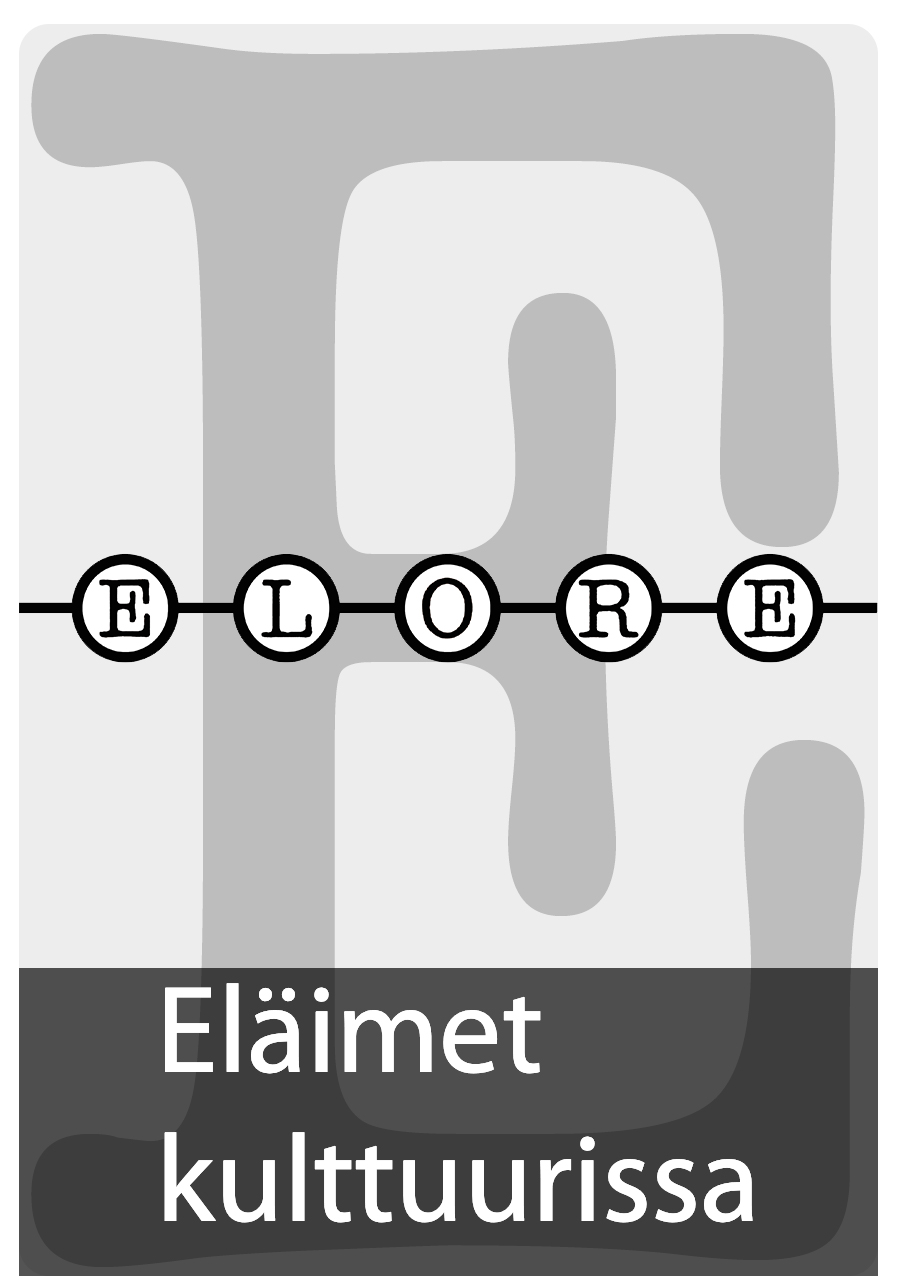Ihmisen ja eläimen suhteesta varhaisessa kreikkalaisessa ajattelussa
DOI:
https://doi.org/10.30666/elore.79051Abstract
The worldview of antiquity is traditionally seen as being anthropocentric. However, there exists a philosophical tradition that calls for just treatment of non-human animals, seeing the fates of humans and other animals as interlinked. This article traces this continuum of thought spanning from archaic poetry, mythology and religious ritual to Late Antiquity. Particular attention is given to the work of two philosophers, Plutarch and Empedocles. The second half of the article concentrates on the collective traditions that may have informed the work of these philosophers. Animal figures and metaphors occur frequently in archaic poetry, and close relationship between gods and animals is a recurring theme in mythology. It is also noted that the Greek word for ”animal” – ζῷον – is semantically wide and covers not only animals but also humans and gods. Finally, the article looks at two religious rituals in which the animal metaphor deepens towards metamorphosis. A conclusion is drawn that the idea of mimesis, which formed the foundation of ancient Greek education and was used particularly in rituals, both required and developed the ability to identify with the other, and that the echoes of this deep communion can be found in the thinking of Empedocles and Plutarch.Downloads
Published
How to Cite
Issue
Section
License
The journal follows Diamond Open Access publishing model: the journal does not charge authors and published texts are immediately available on the Journal.fi service for scientific journals. By submitting an article for publication on Elore, the author agrees, as of September 2024, that the work will be published under a CC BY 4.0 licence. Under the licence, others may copy, transmit, distribute and display the copyrighted work and any modified versions of the work based on it only if they attribute the licence, the original publication (link or reference) and the author as the original author. Any modifications made must be acknowledged.
Copyright of the texts remains with the authors, and self-archiving (Green OA) of the published version is allowed. This also applies to texts published before September 2024. The Green OA publication must include Elore's publication details.
The metadata for published articles is licensed under Creative Commons CC0 1.0 Universal.





